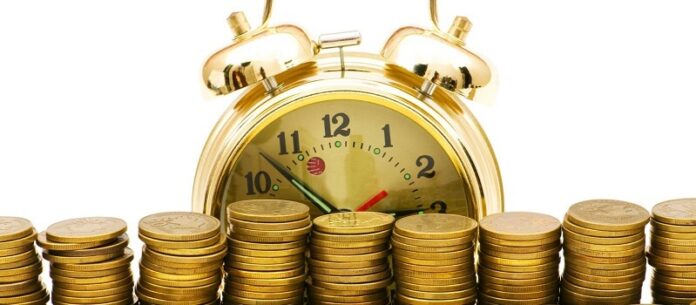Foreign investors are holding around $10 billion of Open Market Operation (OMO) bills as at August 2020, a report by Afrinvest, an investment and research firm has said. Fitch Ratings has also expressed worries over the external vulnerabilities in the forex market due to an overvaluation of the naira and a large forex demand backlog, estimated at $3 billion.
The agency had earlier downgraded Nigeria’s Long-Term Foreign-Currency Issuer Default Rating (IDR) to ‘B’ from ‘B+’ with a negative outlook in April 2020 due to COVID-19 pressures, Fitch Ratings has revised its outlook to stable following reduced uncertainties, stable oil prices and the reopening of the economy.
The rating action was also largely influenced by Central Bank of Nigeria’s (CBN’s) management of external liquidity pressures through partial exchange rate adjustment, capital controls, forex restrictions and the rise in external reserves following the disbursement of International Monetary Fund’s $3.4 billion Rapid Financing Instrument (RFI). However, the rating agency cited.
READ ALSO: Access Bank Seeks More Financial Investments on SDGs
Analysts at Afrinvest said the revision to the rating is surprising given that severe external and fiscal financing pressures persist. “While Fitch alluded to stable oil prices, the potential threat to oil demand from the second wave of the pandemic is putting downward pressure on prices.
The slow and uneven recovery in global oil demand is also expected to linger till the end of 2021, implying that oil prices would remain below 2018 levels while uncertainties still abound in the oil market due to global geo-political tensions,” the said. Beyond oil & gas exports which only accounts for 35.8 per cent of current account receipts, inflows from foreign investment and remittances are expected to sharply reduce.
“External reserve at $36.2 billion, despite inflows from IMF, is still down 15.5 per cent year-to-date. Meanwhile the adjustments to the official exchange rate from N307.0$1.0 to N380.0/$1.0 in August and the slight weakness in the NAFEX to N380.0/$1.0 from N360.0/$1.0 are too weak to correct the shock from weak oil prices, falling remittances and reduced capital flows. The restrictions on forex demand and the existing FX demand backlog have brought about a significant premium of around ₦79.0 in the parallel market, which we now consider to be a more market-reflective segment,” it said.
Afrinvest Nigeria analysts said the implication of the measures CBN has adopted appear to be understated by Fitch, despite citing the impacts in the form of poor investor confidence, slow growth recovery and trade weakness. With foreign investors still holding around $10 billion of Open Market Operation (OMO) bills as at August 2020.
According analysts, there remains severe risks to the external reserves and the currency, especially given weak prospects for the recovery of oil and non-oil sources of forex supply. With debt service to revenue at 72.2 per cent between January and May 2020, the FG’s fiscal position is under pressure.
“This is a more prominent debt sustainability risk than Nigeria’s low debt to GDP ratio of around 20.4 per cent, since revenue collection has been underwhelming and below peers at less than 10 per cent of GDP. While we believe the subsequent adjustment to the official exchange rate to N380.0/$1.0 in August, removal of energy subsidies and the recovery in oil prices since second quarter of 2020 would have supported revenues in Q3:2020, we suspect that this would not be enough to significantly close the fiscal funding gap. Accordingly, we are a little less optimistic than Fitch that recent developments have lowered Nigeria’s external and fiscal risks.



